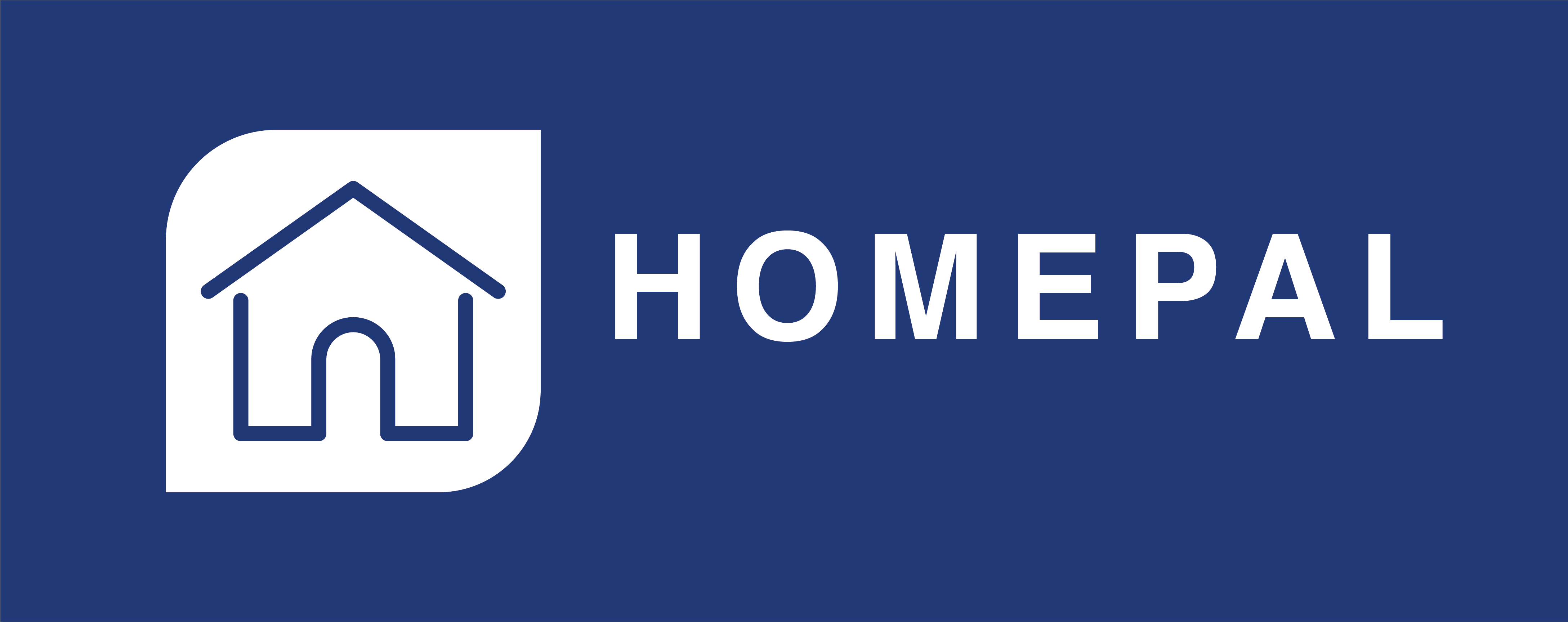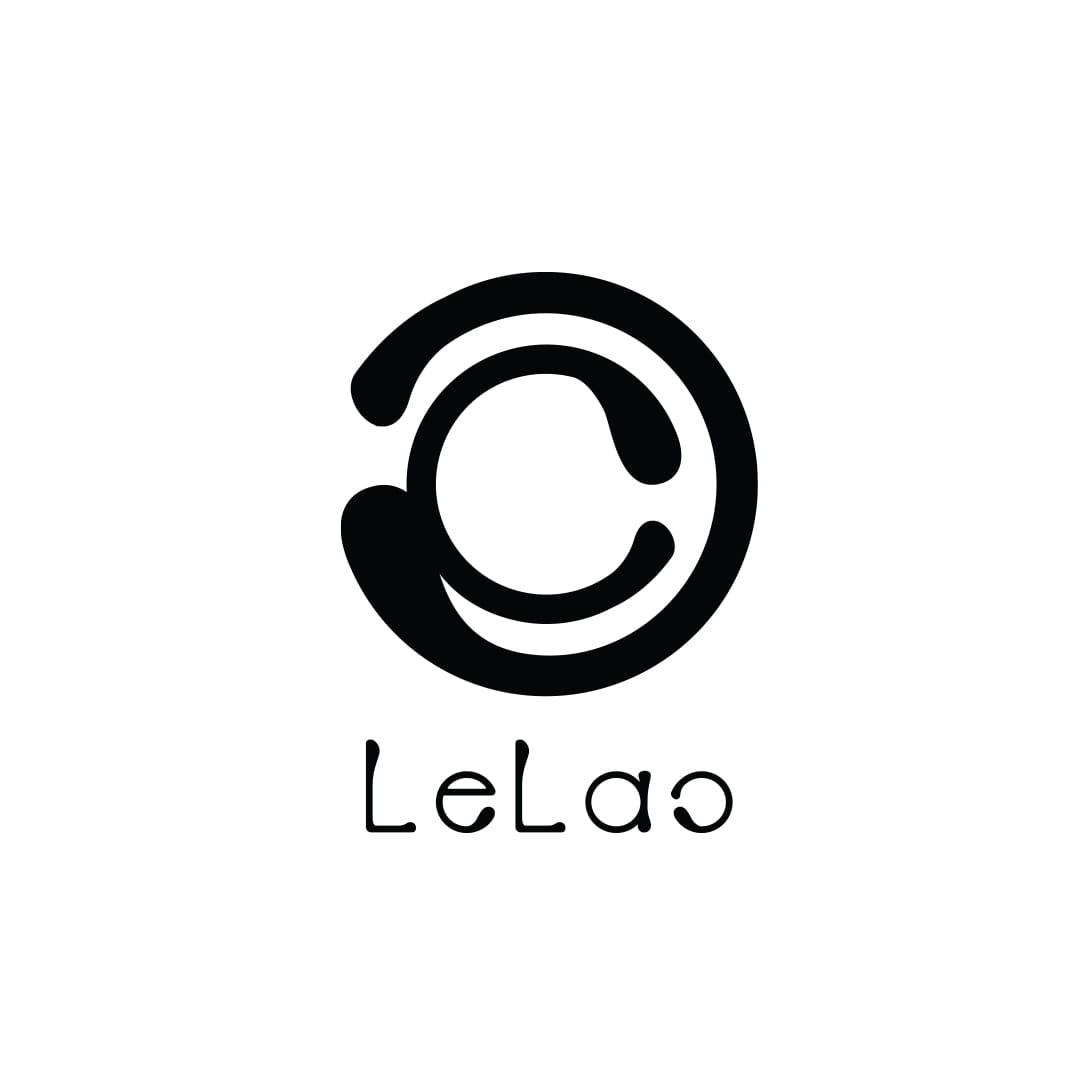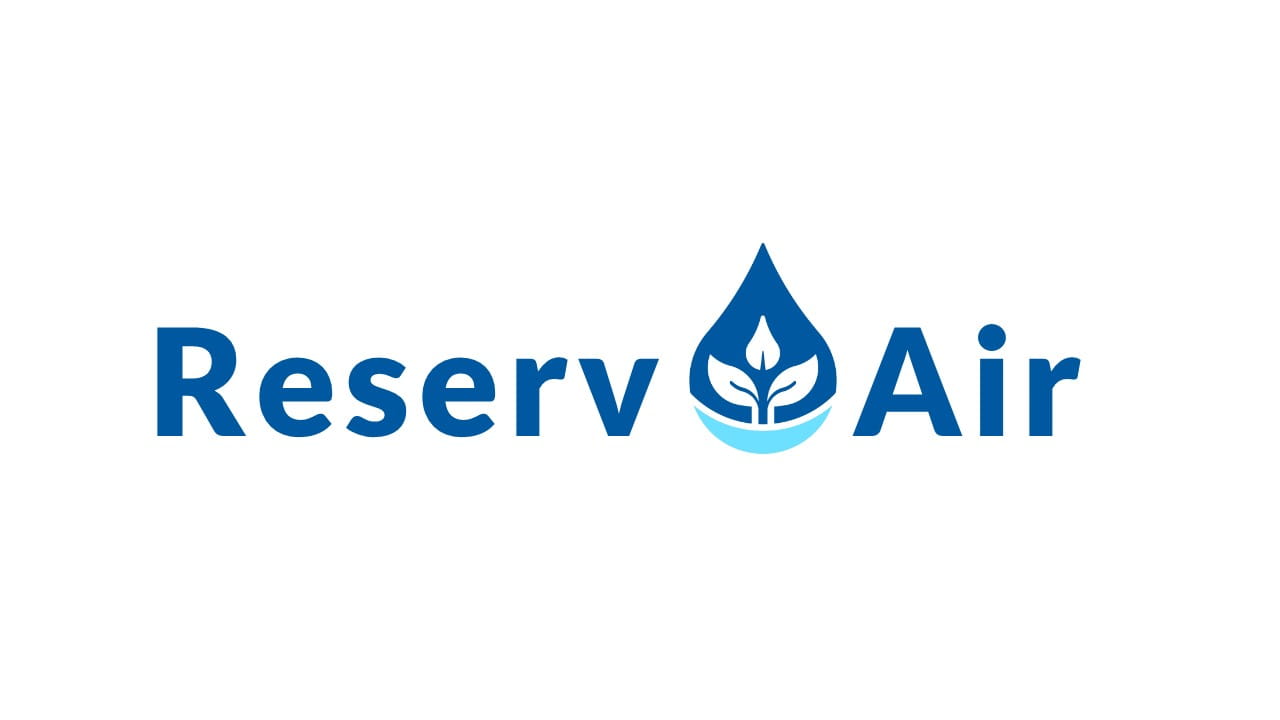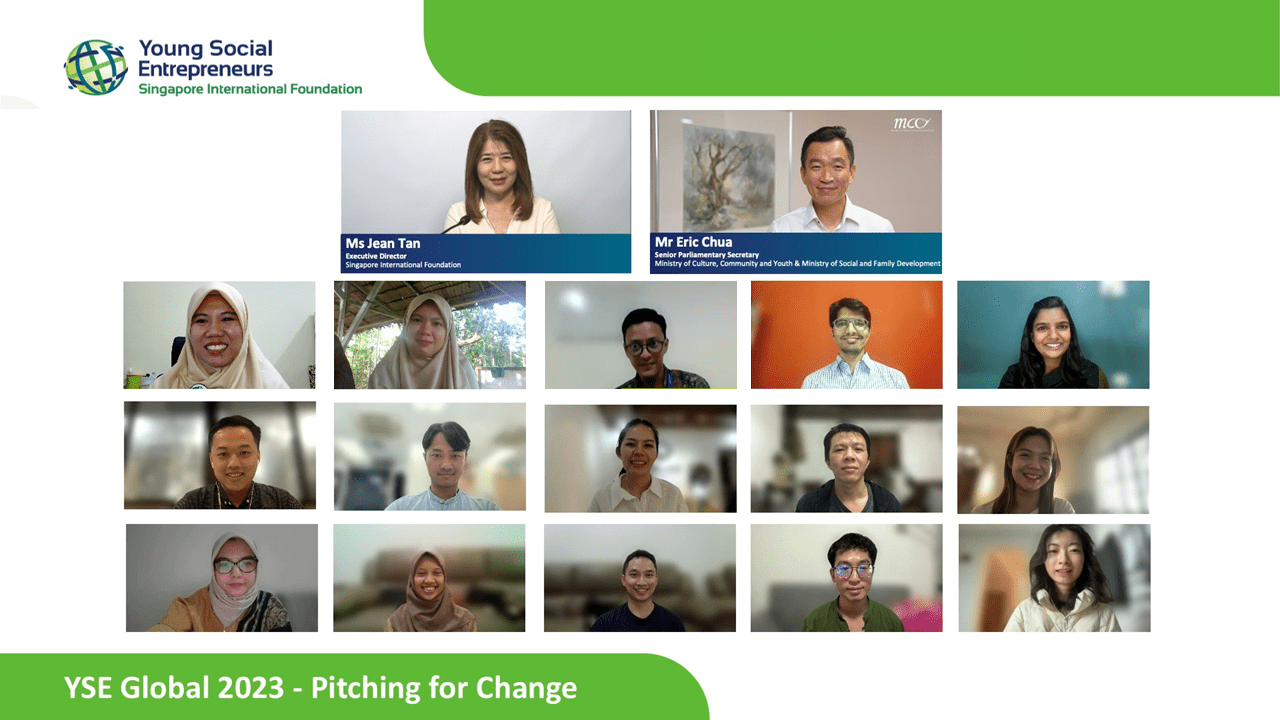
Anubhuti Samiti (India)
Dilip Suthar; Sakshi Srivastava
Anubhuti Samiti aims to provide children in India with access to quality education, thus empowering them to become empathetic and action-oriented citizens of India. Its fellowship model serves to bridge existing gaps in India’s education system by engaging talented youths to work at the grassroots-level. In the long run, it hopes to nurture change-makers and reformers who will drive systemic change towards educational equity in India.

Huang Hongxiang; Wu Haiying
China House hopes to cultivate a sense of global citizenship among Chinese youths by helping them to learn about and engage in global sustainable development. It works with non-governmental organisations around the world to develop youth learning programmes on, among others, conservation, gender equality, quality education and culture preservation.

HomePal (China, Singapore)
Chen Hong Wei; Lai Hoi Bing
HomePal aims to empower seniors to age gracefully in their residential homes while providing peace of mind to their caregivers. It does this by using emerging technology to enable decentralised senior care. HomePal is currently building an Internet of Things system that can provide privacy-preserving home monitoring and safety solutions. It also collaborates with community partners to establish a network of caregivers.

LeLao (Laos)
Manithip Vongphachanh; Liming Sengthong; Phonmany Fongsouvanh
LeLao improves the livelihood of vulnerable communities by working with them to produce affordable and sustainable fashion products that showcase the rich cultural heritage of Laos. Its products include, among others, clothing constructed from deadstock fabrics and up-cycled purses made from fabric waste.

ReservoAir (Indonesia)
Azhar Isti Hanifah; Ilham Dhiaputra Hermawan; Sabrina Farah Salsabilla
ReservoAir aims to enable the restoration of the natural water cycle by implementing water conservation technology. It produces permeable paving blocks with an infiltration rate that is 100 times faster than conventional paving, as well as infiltration wells and rainwater harvesting. Besides reducing flood risks, these technologies have other benefits such as groundwater recharge and providing alternative water sources.

Rumah Briket (Indonesia)
Arfian Nuari; Mahdiyyah Ardhina; Putri Rizki Ardhina
Rumah Briket aims to reduce waste while promoting greater awareness of its problem. It works with households, such as the community of housewives, to process waste, turning it into organic charcoal briquettes and paving blocks, which are sold for income. In addition to solving the waste problem with a zero-waste solution, it also improves the economic situation of Rumah Briket’s community.
